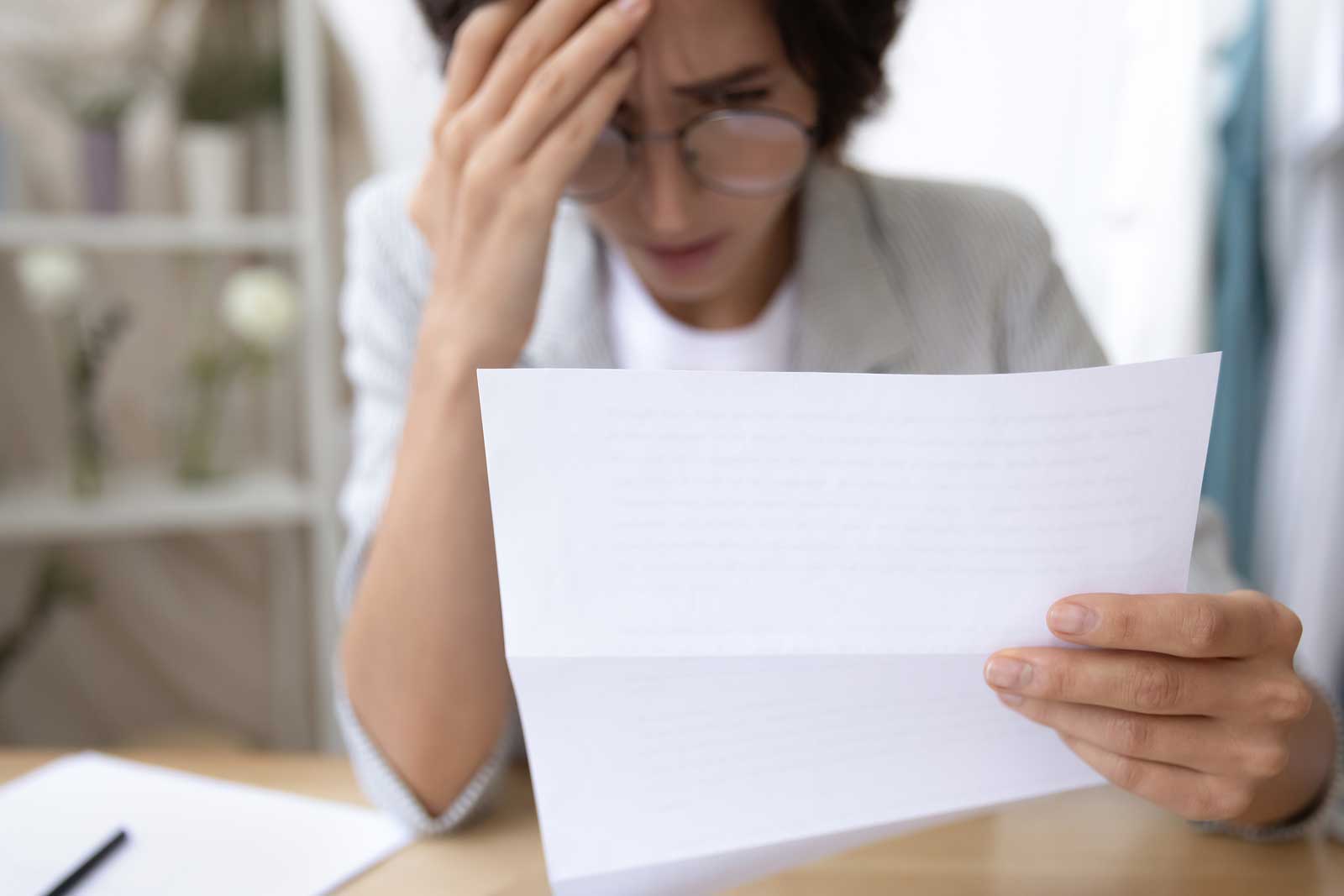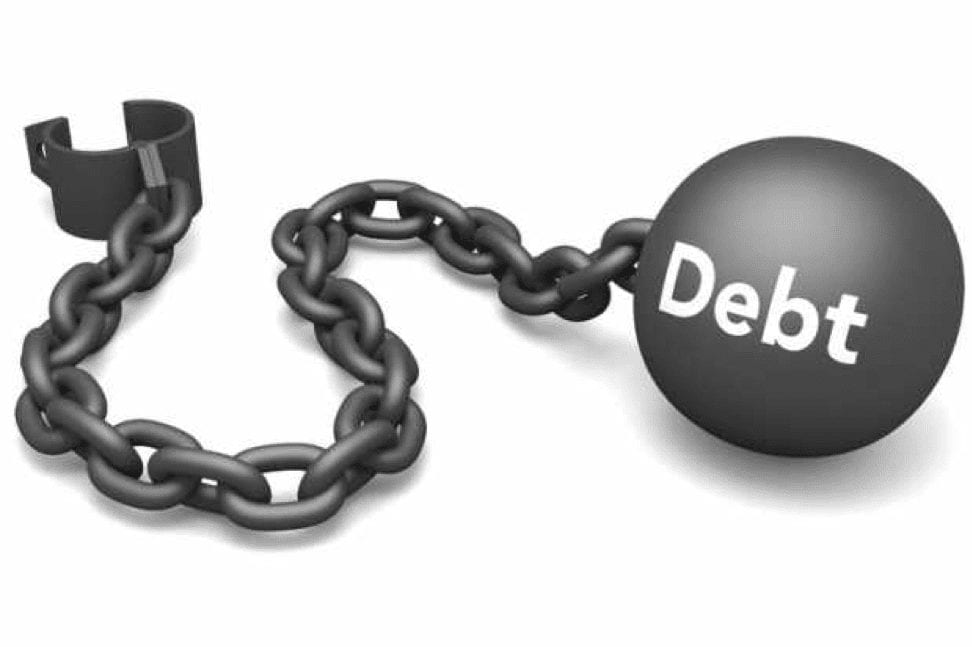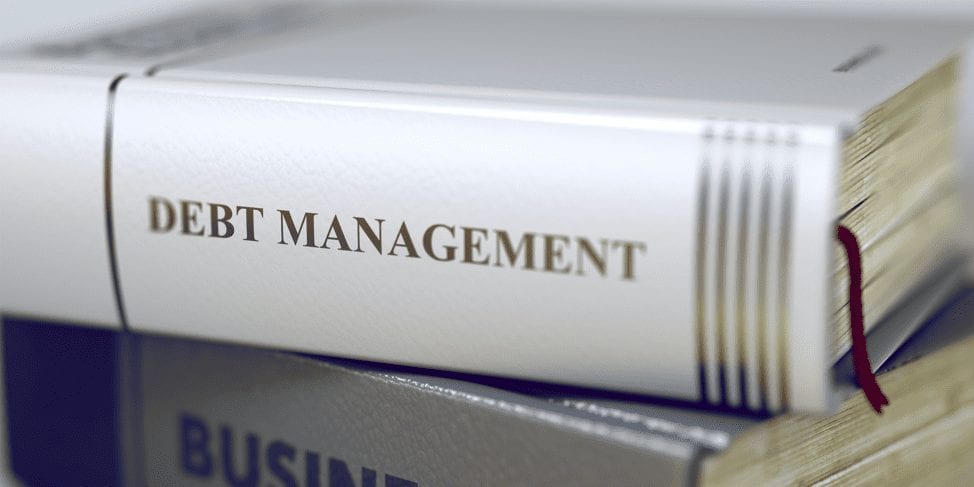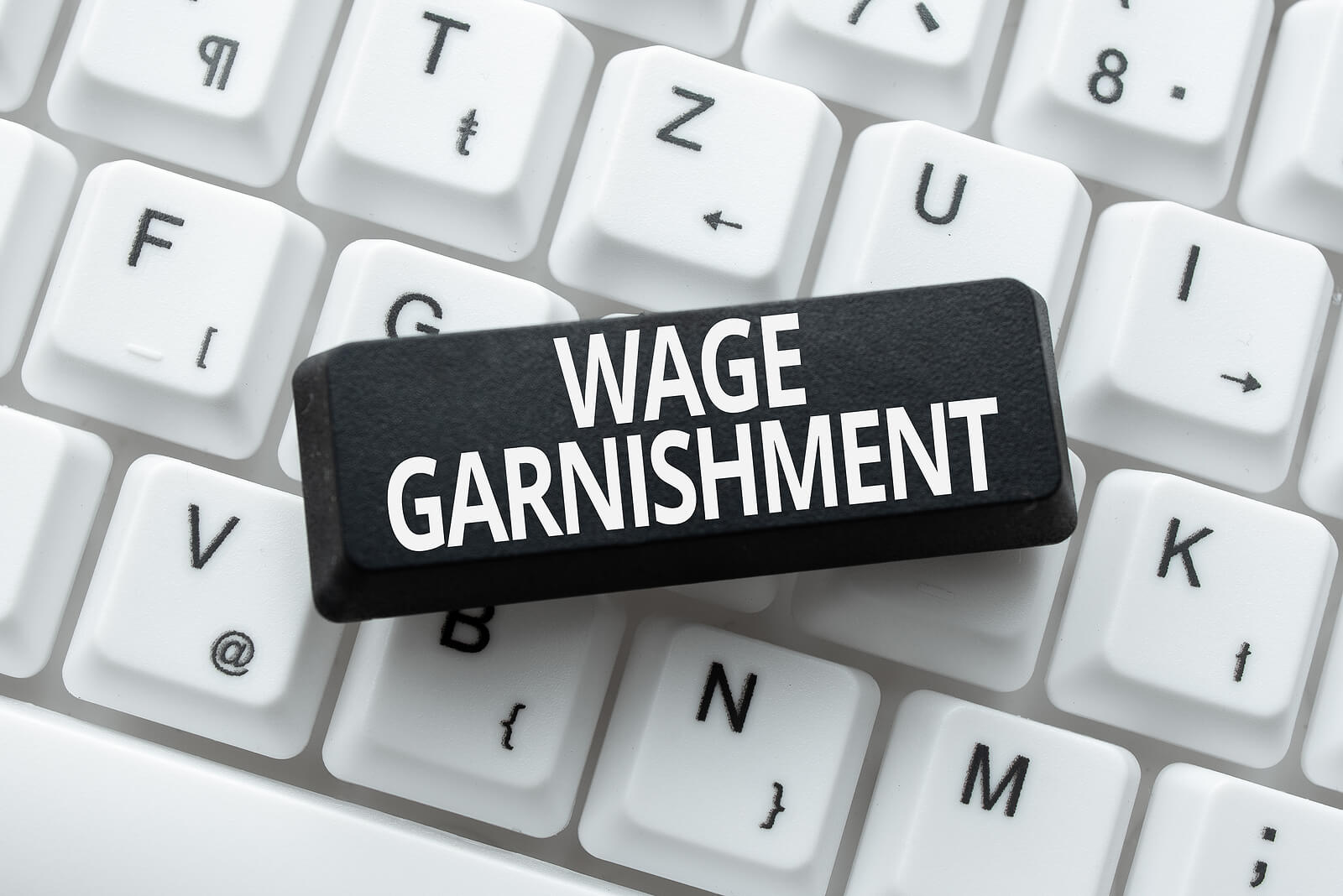Filing for bankruptcy is an option if you’re experiencing financial hardship and drowning in debt. However, the process itself can be costly when you consider filing fees and attorneys’ fees. Just what can you expect to pay a bankruptcy lawyer? There are different factors to consider. While filing fees are the same across the U.S., attorney’s fees depend on the lawyer, the complexity of your case, and your location.
Here is a rough estimate of what you can expect to pay:
- Chapter 7 Bankruptcy: Credit card payments, past-due utility bills, personal loans, and medical bills are discharged. According to Nerd Wallet, as of 2021, the filing fee was $338 while attorneys’ fees ranged from $500 to $3,500, so you could expect to spend over $3,800 to file for bankruptcy.
- Chapter 13 Bankruptcy: Reorganizes debt to create a payment plan, halt collection efforts and secure your property. The 2021 filing fee was $313 and attorneys’ fees ranging from $1,500 to $6,000. That’s quite a cost consideration knowing you’ll have to pay most if not all of your debt over time!
Do I Need an Attorney?
The law doesn’t require having an attorney to file for bankruptcy. However, most experts agree it’s a bad idea to file without legal assistance. Your odds of receiving a discharge are much lower while making a mistake on paperwork can delay the case if not put it in jeopardy. Bankruptcy laws are complex; without extensive research, you risk losing unprotected assets or wasting time trying to eliminate non-dischargeable debts.
An attorney can help navigate every aspect of the law. There are exemption laws, court procedures, and extensive forms to fill out. A bankruptcy lawyer will also help you with these and provide the advice you need to increase your chances of success.
Options for Paying a Bankruptcy Attorney
Despite your financial distress, there are ways to help afford the costs associated with filing for bankruptcy. These include:
- Pay Your Attorney Instead of Your Creditors: Stop making payments to creditors once you file for Chapter 7 bankruptcy. Just make sure your case is approved or you may be stuck catching up on payments. With the right approach, this allows you to pay your lawyer with funds that would have been used to pay off your debts.
- Borrow the Money: If you’re lacking the funds to pay an attorney, you can try asking friends, family, or your employer for assistance. People may be more willing to help than you think. After all, bailing you out repeatedly costs more than helping resolve your financial problem.
- Raise the Money: There are many creative ways to raise money, from selling old belongings or taking on a side job, so you can pay your lawyer.
- Negotiate a Plan with Your Attorney: Depending on the attorney, they may be willing to receive payments over time. Make your intentions clear during your first meeting. You might be able to spread payments over several months, but most likely, you’ll be required to complete payments before your case is filed (you wouldn’t be legally obligated to pay if your debts are wiped out). In addition, the attorney can work with the court to split your filing fee into up to four payments.
- Seek Free Legal Aid: Based on your income and family size, you may qualify for free legal services or at least have an attorney waive their fees. Bankruptcy courts often have free legal clinics and legal aid resources available, but legal aid organizations are often understaffed and underfunded, so be patient and consider getting on a waiting list.
However, they may also be able to connect you with a pro bono bankruptcy lawyer. You can find them via the National Association of Consumer Bankruptcy Attorneys or firms that require attorneys to take on part-time pro bono work. If you’re in a rush to file, seek a petition preparer instead; they can help in filing so the “automatic stay” on collections goes into effect. They’ll charge you an hourly fee to fill out the paperwork.
Paying a Lawyer During Chapter 13 Bankruptcy
If you file for Chapter 13 bankruptcy, you’re allowed to pay attorneys’ fees in full or in part via your repayment plan. Paying the full amount upfront is therefore not necessary. Chapter 13 is for debtors who can afford to make payments to bring down credit card balances, other unsecured debt, and who need to catch up on car loans, mortgage arrears, or tax debts. Whether you can pay your lawyer through your Chapter 13 plan depends on what the court allows; some don’t permit it while others do, depending on your circumstances.
Do Bankruptcy Lawyers Accept Credit Card Payments?
A bankruptcy attorney cannot accept payment via your credit card. It is not advised to take on more debt before a bankruptcy filing. For example, taking cash advances or charging unnecessary items beforehand can affect your bankruptcy case. But if a friend or relative is willing to, they can use their credit card to pay the attorney. In your paperwork, you’ll need to disclose who paid for the legal services.
Contact OakTree Law for Bankruptcy Help
Our experienced Los Angeles bankruptcy lawyer can assist with your Chapter 7, Chapter 11, Chapter 13, Chapter 20, or franchise bankruptcy case. Starting with a free evaluation, we’ll help pick the best option and ensure the bankruptcy process carries as little risk for you as possible. We also provide advice that can help get back on your financial feet and regain control of future finances. To get started, request your free evaluation or call 888-348-2609 today.








